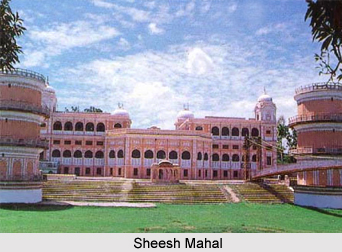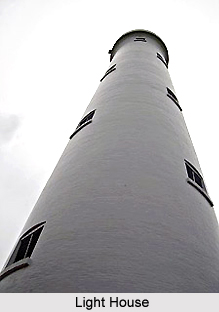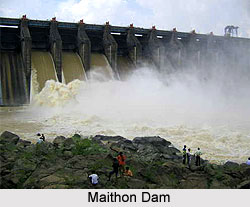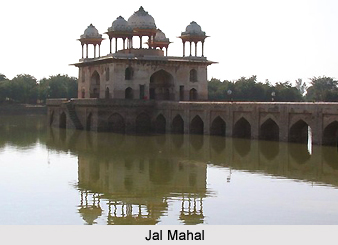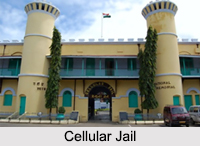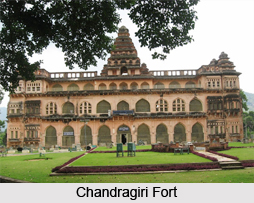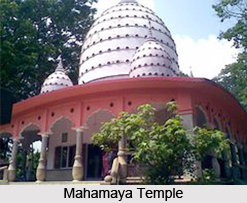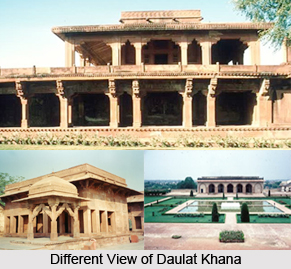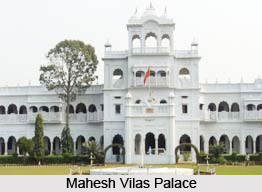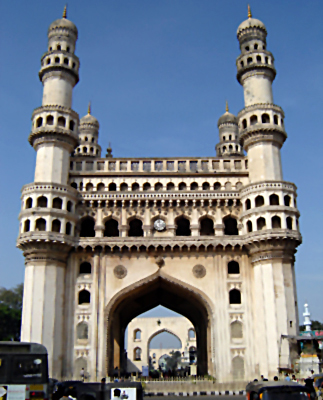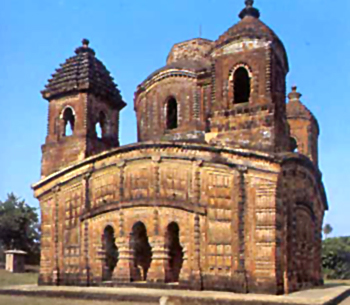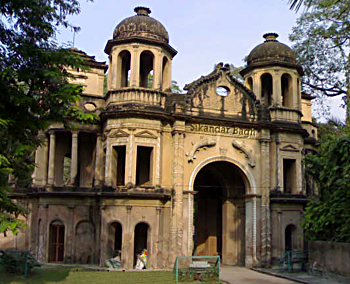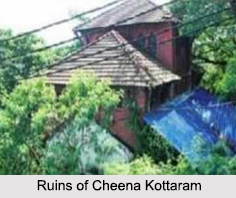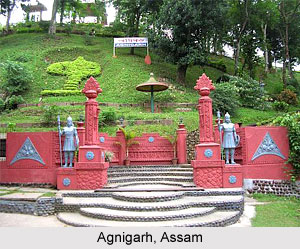Constructed by the Dutch East India Company in Nagapattinam in the state of Tamil Nadu, the Fort Vijf Sinnen was built to protect the interests of the trading company. In 1690, the Dutch had shifted their capital of the Coromandel operation from Pulicat to Nagapattinam. This was done three years after the start of the construction of the fort.
Overview of Fort Vijf Sinnen
The name of the fort Vijf Sinnen is derived from the Dutch language, "Vyf Sinnen", which means the five senses. Once a heavily armed fort but its fortifications proved to be fruitless in the 1781 Siege of Negapatam, in which the British took the fort. The siege was part of the Forth Anglo Dutch War and the Treaty of Paris of 1784 ended this. After the siege, Nagapattinam was not restored to Dutch rule, but remained under the control of the British East India Company. As a result, the Dutch headquarters shifted back to Pulicat. Currently, the Fort Vijf Sinnen has been demolished.
This article is a stub. You can enrich by adding more information to it. Send your Write Up to content@indianetzone.com.
